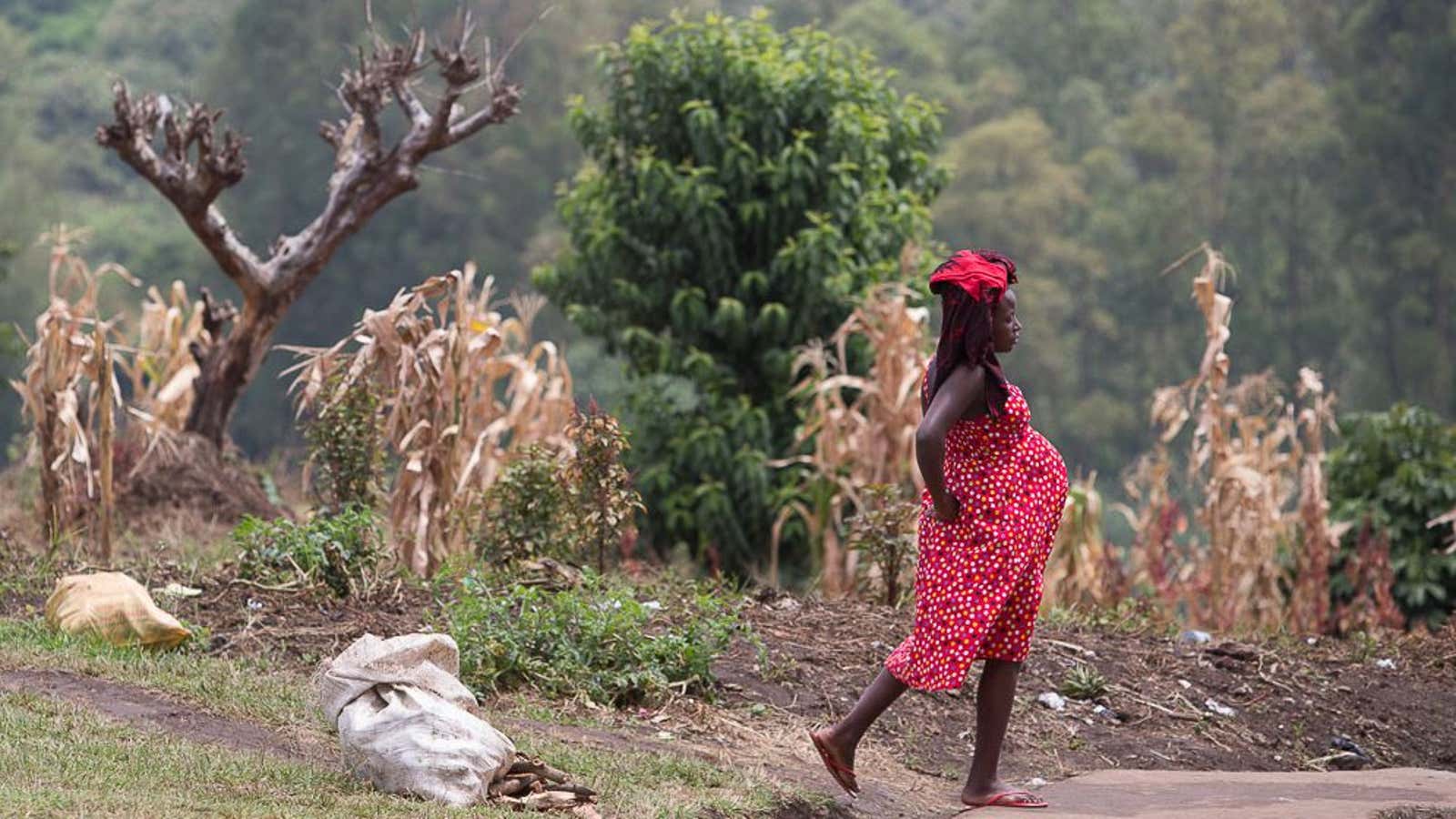Uganda’s highway A-109 shoots across the plain from Kampala past the occasional storefront shops and open-air kiosks common to the continent’s roadsides. After rising into the verdant tea plantations of the country’s Western Region, it passes through Fort Portal near the Congolese border. From there, a turn off the main road leaves the reasonably well-maintained tarmac behind in favor of red clay washboard and bone-shaking potholes. Finally, it devolves into a footpath running between a few dozen housing compounds in a village called Kalera.
Though Kalera is poor by western standards, it doesn’t approach the desperation found in many poorer parts of Africa. Flinty, hard-working women tend small plots of bananas, potatoes, maize and soybeans. These plots border larger fields of tea, a cash crop. Goats and chickens roam. The village teems with children. Today, at least, there are no men in sight.
Jemiima Mutooro is a village health worker trained by Reproductive Health Uganda (RHU) using U.S. Agency for International Development (USAID) funds provided through the International Family Planning Foundation. She walks through Kalera carrying a black satchel. Inside the satchel is a day planner, pens, bandages, alcohol swabs and, most important, several small tamper-proof foil packages. Sayana Press, the novel, possibly revolutionary, family planning device within those packages is the subject of a pilot program sponsored by an international consortium that, along with RHU, includes the Uganda Ministry of Health and the Bill and Melinda Gates Foundation.
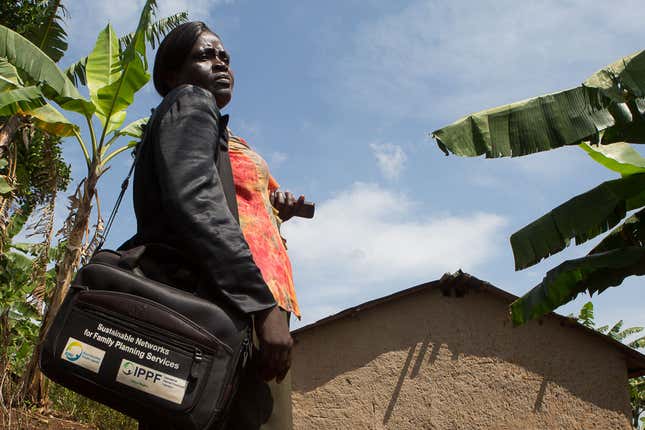
Developed by Pfizer and the Seattle-based non-profit PATH, Sayana Press is as simple in form as it is obvious in function: a fingernail-sized clear plastic bubble holds a milky liquid – a three-month dose of the contraceptive progestin – and is attached to a short needle. The device is small, easy to use, disposable and effective. And because it’s also suitable for self-dosing, Sayana Press could give women in remote areas like Kalera – where isolation, cultural pressures and economic marginalization severely constrict contraceptive options – a previously unimaginable degree of reproductive autonomy.
Or the initiative could be severely curtailed – an early victim of a radical and asymmetric “America first” doctrine that pits the richest country on the planet against, among others, more than 200 million women worldwide who are in need of family planning services.
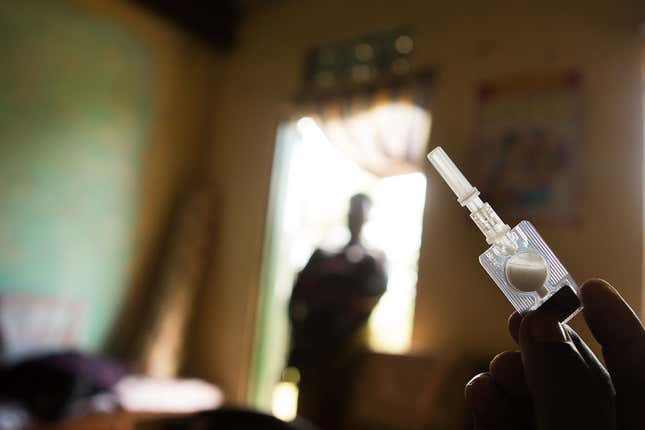
By any measure, most of those women are far removed from the White House, Trump Tower, Mar-a-Lago and the fundamentalist churches and cathedrals of America’s conservative faithful. But what geography, wealth and power once separated, Republican President Donald Trump brought together three days after his inauguration when he reinstated Ronald Reagan’s Mexico City Policy.
Also known as the Global Gag Rule, the Reagan-era document cut off US family planning assistance funds to foreign non-governmental organizations (NGOs) that perform abortions or even so much as mention the option of legal abortion to their clients. Since its inception in 1984, the policy has been a convenient political ping pong ball. Each subsequent Republican administration has renewed it, and each Democratic administration has rescinded it.
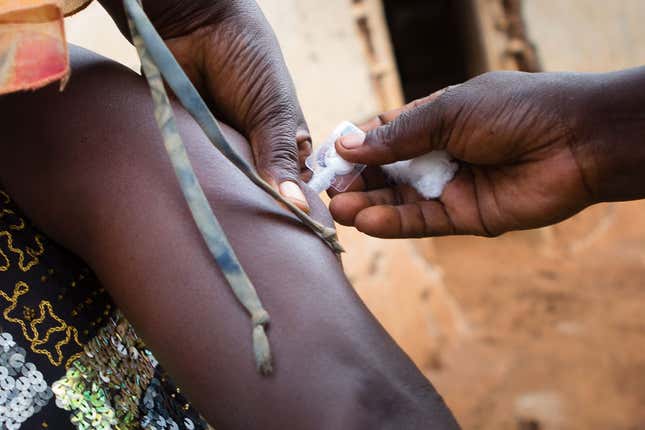
Trump’s version of the policy expands the restricted funds beyond family planning assistance to include all US “global health assistance.” According to the Kaiser Family Foundation, that’s at least $9.5 billion that now go toward efforts to fight malaria, Zika, HIV/AIDS and even malnutrition.
Just as the flawed rollout of the president’s immigration ban sowed widespread chaos, Trump’s gag rule has left NGOs involved in sexual and reproductive health worldwide scrambling to fully understand its scope. No one is yet sure exactly what this expanded language will mean or how the new restrictions will be implemented.
One thing is certain: More than 150 organizations have denounced the global gag rule’s previous iterations as having caused serious harm around the world. And legacy organizations like the International Planned Parenthood Federation (IPPF) and Marie Stopes International have said that, on principle, they will refuse to accede to the new policy’s restrictions. That means their local member associations, like Reproductive Health Uganda, will lose USAID funding and could be crippled.
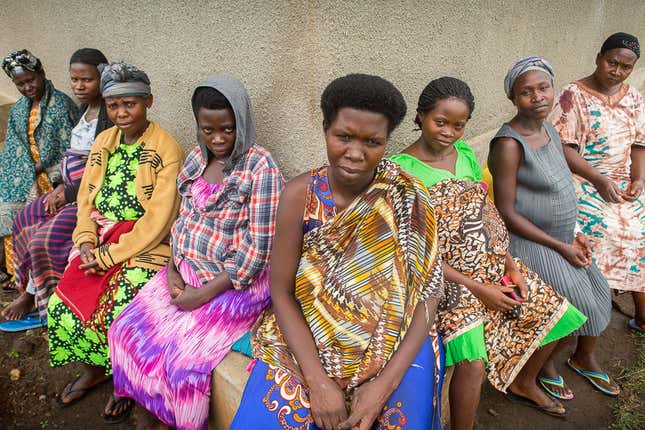
During an interview in his office in Fort Portal, Dr. Richard Obeti, assistant district health officer for Uganda’s Kabarole District, which includes Kalera, acknowledged both the uncertainty and the risk. “We are worried,” he said. “We rely on groups like Reproductive Health Uganda to bridge the gaps in our health care system.” He finds the Global Gag Rule’s potential negative impact on programs like the Sayana Press initiative to be particularly troubling: “Sayana Press prevents unwanted pregnancies which would otherwise end in abortion,” he said. By limiting women’s family planning options in a country where abortions have for years been legal only under the most extraordinary of circumstances, he said, “we are likely to get a higher number of abortion cases and more maternal deaths.”
And therein lies the irony. In 2011, the most recent year for which government figures are available, half of all pregnancies in the country were unintentional, according to the Uganda Bureau of Statistics. A 2017 Guttmacher Institute study estimates that 26 percent of these unintended pregnancies end in abortion.
More unintended pregnancies mean more unsafe abortions and more children than a family can afford. The original Mexico City Policy claims that “U.S. support for family planning programs is based on respect for human life, enhancement of human dignity, and strengthening of the family.”
On the ground in countries like Uganda, the actual consequences of the policy may be more ruined lives, more undignified death and more poverty.
